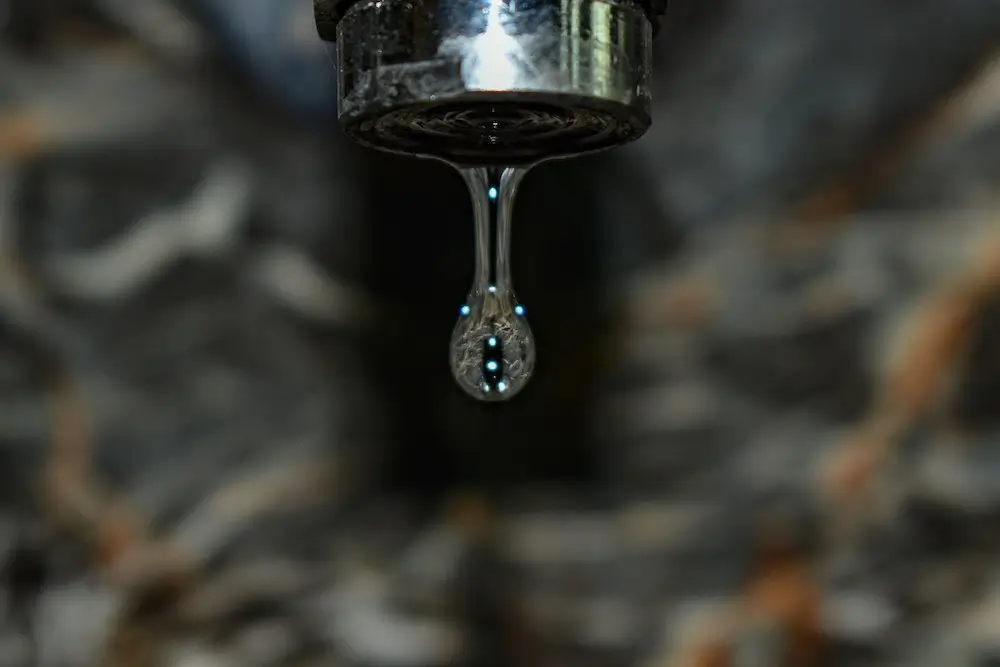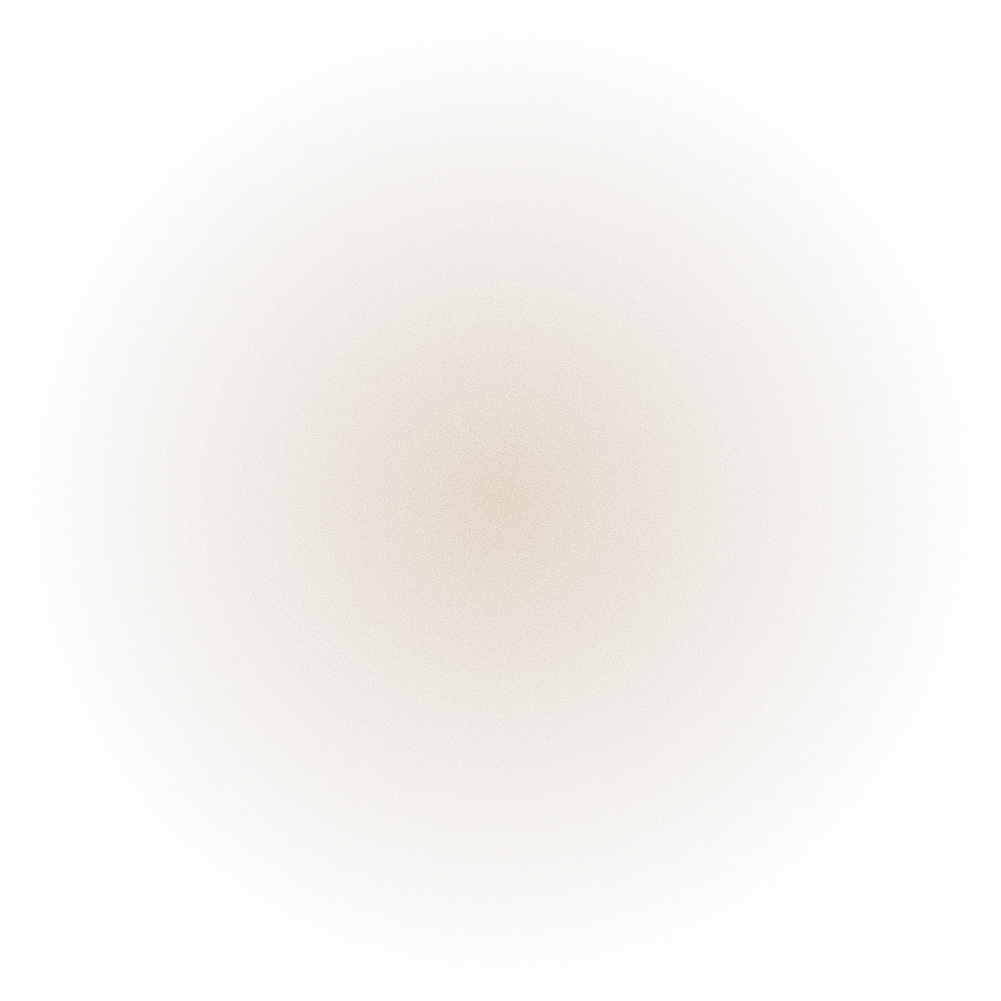What Contaminants Are in Your Tap Water - And Why Cheltenham Residents Should Pay Attention

Most of us turn on the tap and assume the water coming out is clean and safe. After all, it’s treated, tested, and approved for public use. But the reality is a bit more complicated. Even fully treated mains water can still contain a mix of chemicals, metals, and microscopic organisms. While these are usually within legal limits, that doesn’t mean they’re completely gone - and in some cases, the risks are higher than we might think, especially in areas with older infrastructure, nearby farmland, or during extreme weather.
Take lead, for example. It’s one of the more well-known concerns, particularly in houses built before the 1970s. Even though modern plumbing standards have helped reduce the risk, many older homes still have lead piping that can slowly release trace amounts into drinking water. Then there’s agricultural runoff - a bigger issue in rural and semi-rural areas like much of Gloucestershire. Fertilisers and animal waste from nearby farmland can seep into rivers and groundwater, increasing the levels of nitrates and pesticides. These are regulated, but after heavy rain or flooding, levels can suddenly spike.
Other contaminants like nickel, aluminium, and chromium also make their way into the supply, either from natural sources or from the water system itself as pipes corrode over time. Even at low concentrations, long-term exposure is something health experts keep a close eye on. Bacteria and microbes are another risk, particularly when pipes crack or floodwaters overwhelm treatment plants - as many in Gloucestershire will remember from the 2007 floods, when the Mythe Water Treatment Works had to shut down.
Locals in Cheltenham are also no strangers to the taste or smell of chlorine. It’s added to disinfect the water, which is important for safety, but it often leaves a strong chemical taste. Chlorine can also react with natural organic matter in the water and create by-products that aren’t healthy to be drinking. And more recently, attention has turned to PFAS, also known as "forever chemicals". These are man-made substances used in everything from firefighting foam to non-stick pans, and they’ve been detected in water sources across the UK - including areas around us. PFAS don’t break down easily, and once they get into the body, they can build up over time.

So, what does all this mean for households in Cheltenham?
Severn Trent does a solid job meeting water quality standards, and the water that comes through your tap is technically safe to drink. But events over the years - from flooding to infrastructure challenges - have shown that the system isn’t bulletproof. Climate change is only making things harder, with heavier downpours, longer dry spells, and more pressure on farmland and treatment capacity. Add to that the hard water in this region, which can leave behind chalky limescale and affect both taste and appliance life, and it’s clear there’s room for improvement.
This is where a filter tap becomes more than just a kitchen upgrade. It’s a layer of protection that gives you more control over what goes into your glass. A well-maintained, high-quality filter can reduce chlorine, pesticides, heavy metals, bacteria, microplastics, and even PFAS - giving you water that tastes better and feels safer to drink every day. And for families especially, that peace of mind is hard to put a price on.
So while Cheltenham’s water supply is legally safe, "safe" doesn’t always mean free of risk. A filter tap helps bridge that gap. It ensures that no matter what’s happening upstream - whether it’s heavy rain, old pipes, or runoff from nearby fields - the water coming out of your kitchen tap is as clean, pure, and consistent as you want it to be.
Contact our team of filter tap experts for guidance on what filter tap is right for you.

Other Articles
Another Bottled Water Recall – and Another Reminder Why Tap Filtration Matters
Water Companies Ordered to Refund £260 Million - What It Means for Households and Water Quality
Tackling "Forever Chemicals": A Wake-Up Call for Water Safety in the UK
Contact us
Speak to the team at The Filter Tap Company to protect your family and enjoy healthy, great tasting water.
Most frequently asked questions
If you want to read more about filtered water or our taps, you can find more information in our frequently asked questions.
